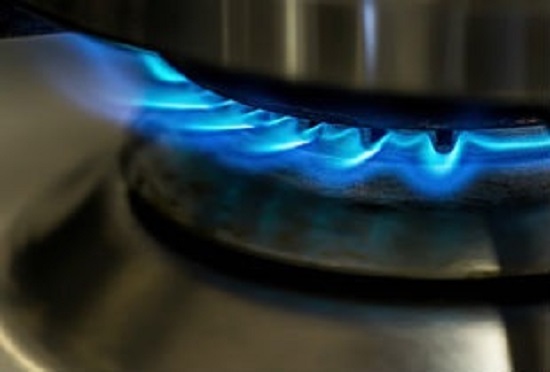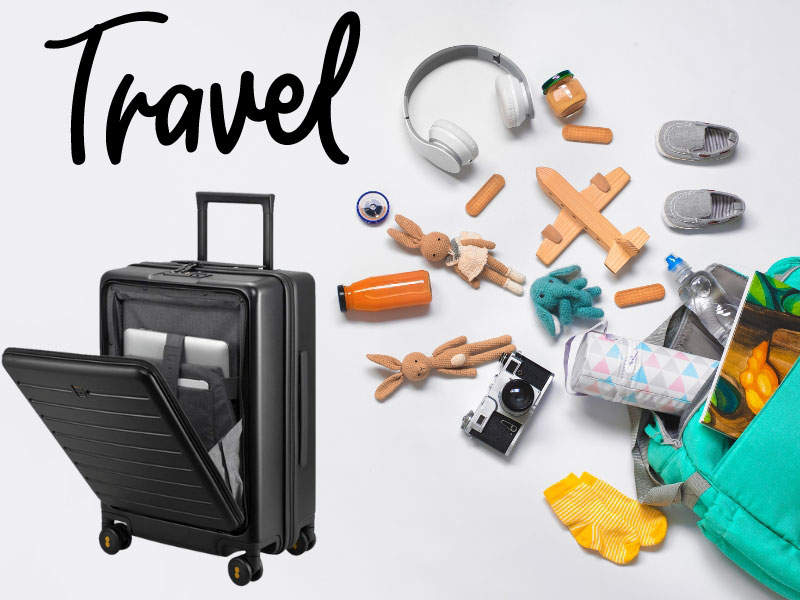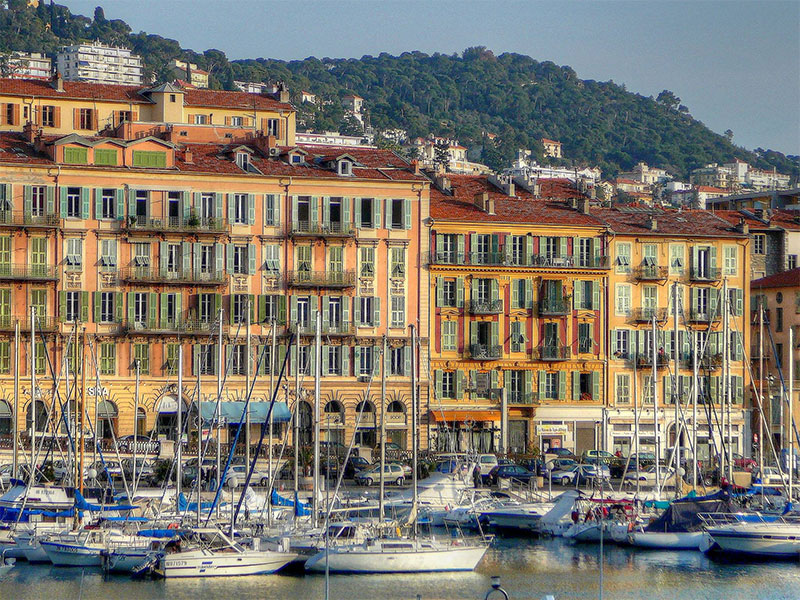There are two types of gas supply available in France, mains gas (gaz de ville), and bottled gas (propane or butane). Engie (formerly GDF Suez) is the largest supplier for natural gas in France, but other suppliers exist and offer competitive rates.
Opening an Account for Gas in France
You should open an account for natural gas supply as soon as possible (ideally around two weeks before moving in) so as to avoid any interruptions in supply. Call your supplier of choice to open an account – either Engie/GDF Suez for regulated tariffs (tarifs réglementés), or an alternate supplier (you do not have to go with Engie for your natural gas supply if you find a more competitive rate elsewhere).
You can find out more about Engie’s regulated tariffs on their website, or by calling their customer service helpline at 09 69 39 99 93 (both in French). Other energy suppliers that often offer lower rates than the Engie regulated tariffs include Direct Energie (3099), eni (09 70 820 320), and Lampiris (0 800 944 844).
You need to have the following information ready when opening an account for natural gas in France:
- Your full address (including floor and flat number, if a flat) and contact information (email address, telephone number)
- The name of the previous occupant
- Your banking information (Relevé d’Identité Bancaire – RIB)
All suppliers charge a meter activation fee on behalf of GRDF, the natural gas delivery network operator (independent subsidiary of Engie). The standard fee for meter activation is 17,88 €, and can take up to 5 business days (though your account can be opened in less time at an extra cost). This is a one-time charge that will appear on your first bill.
Connecting New Gas Supply in France
If you live in an area with mains gas but don’t currently have a supply to your house, you can apply for a new connection (raccordement). For this you need to contact GRDF at 09 69 36 35 34. You will then have to prepare a formal request for connection. GRDF will supply you with an estimate of costs, which will vary according to the tariff you choose and the distance your house is from the mains supply. It is not unusual, however, for rural villages to not be connected to the mains gas supply in which case bottled gas is the alternative.
Bottled Gas in France
There are two types of bottled gas – Propane or Butane. Butane is more common but is unsuitable for external storage and should be stored indoors – you may find you have problems if you leave butane outside and the temperature goes below zero. Also, the two types have different valve systems so should not be used together.
If you have a propane gas tank, deliveries by lorry from your supplier can be arranged. If you don’t have a tank, which is fairly common, you can arrange to install a tank with a propane supplier (Antargaz, Butagaz, Primagaz, Finagaz, and Vitogaz are the main propane suppliers in France), or you can buy your gas cylinder bottles at the local supermarket, petrol station or other shop. You may need to show proof of address in order to “purchase” the bottle. After that you simply return the empty bottle and replace it with a new one at the regular bottle price.
The bottles are all from different suppliers so when you return your empty bottle to the outlet you will only be able to purchase a new one of the same type. It’s a good idea to have a few bottles (two or three) at home as it’s a real problem if you use bottled gas to cook and you run out in the middle of cooking dinner or at a time when you can’t replace a bottle (e.g. bank holidays, after 7.00 pm most of the time and Sundays). How long your bottle will last depends on how often you use it, as an example we use a gas bottle for a double range oven almost every day and it lasts between 8 and 12 weeks.






